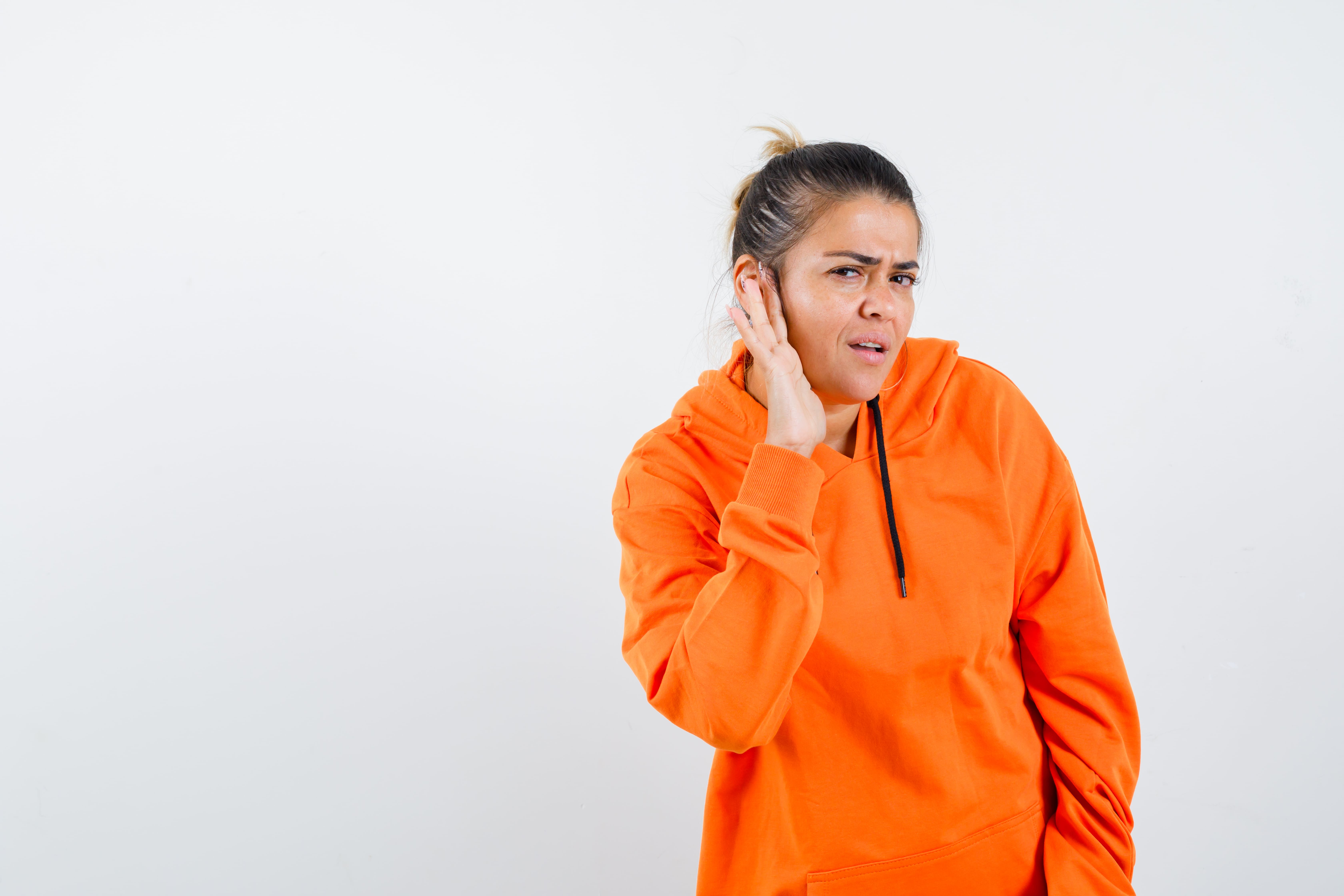
Maintaining balance is a complex, multi-sensory process. Your body relies on a combination of vision, proprioception (muscle and joint feedback), and inner ear function to stay upright and coordinated.
The inner ear contains not only the cochlea for hearing but also the vestibular system, which helps detect motion and spatial orientation. When hearing loss occurs particularly sensorineural loss it can affect the inner ear structures, disrupting signals between the brain and body.
Consequently, individuals with hearing impairment may experience:
Even mild hearing loss can subtly impact stability, making early detection and intervention crucial. Using hearing aids or vestibular rehabilitation strategies can help restore balance, reduce fall risk, and improve overall quality of life.
Your brain maintains balance by integrating signals from three main systems:
The vestibular system constantly communicates with your brain to help you stay steady, adjust posture, and respond to movement.
When hearing loss occurs, particularly sensorineural hearing loss, it often involves damage to the inner ear structures. Because the inner ear houses both the cochlea (hearing) and vestibular organs (balance), damage can disrupt both systems simultaneously. This interference can make maintaining balance more difficult, increasing the risk of dizziness, instability, or falls.
Hearing loss doesn’t just affect your ability to communicate—it can also interfere with your balance in several key ways:
Even subtle sounds, like footsteps, traffic, or environmental noise, provide your brain with spatial information. Losing these auditory cues diminishes your brain’s ability to gauge your surroundings accurately, impacting balance and orientation.
When hearing is impaired, your brain works harder to interpret sounds and understand speech. This extra mental effort diverts cognitive resources away from balance control, making it harder to stay steady, especially in noisy or complex environments.
People with hearing loss often unconsciously adjust their posture or walking style to compensate. Common adjustments include widening their stance or slowing steps, which may ironically increase the risk of falls over time.
Research shows that hearing loss significantly impairs static balance, such as standing on one leg. Older adults with hearing impairment consistently perform worse in mobility and balance tests compared to peers with normal hearing, highlighting a direct link between hearing loss and fall risk.
A study by Johns Hopkins University revealed that even mild hearing loss can triple the risk of falling, while moderate to severe loss further increases the likelihood. Hearing impairment is strongly associated with reduced postural control and a higher incidence of falls across age groups.
Hearing loss can affect balance through several interconnected mechanisms:
a. Reliance on Other Senses
When auditory cues are weakened, the body unconsciously compensates by relying more heavily on vision and touch to maintain stability. This makes individuals particularly vulnerable in low-light conditions or on uneven or unstable surfaces.
b. Inner Ear and Vestibular Overlap
The structures responsible for hearing and balance are closely linked anatomically. Damage to the cochlea or other inner ear components involved in hearing can often impact the vestibular system, which governs balance. This overlap explains why hearing loss can coincide with dizziness or instability.
c. Balance Disorders Linked to Hearing Conditions
Certain medical conditions affect both hearing and balance. Examples include:
Understanding these overlapping systems underscores why hearing loss isn’t just an auditory problem it can influence overall mobility, posture, and daily functioning.
Addressing hearing issues can strengthen your stability and reduce the risk of falls:
At Hazelwood Hearcare, we offer in-home hearing assessments, targeted wax removal, and expert referrals as needed all with comfort and convenience in mind.
Don't let hearing loss silently undermine your balance. With timely support and care, you can stay steady and confident on your feet.